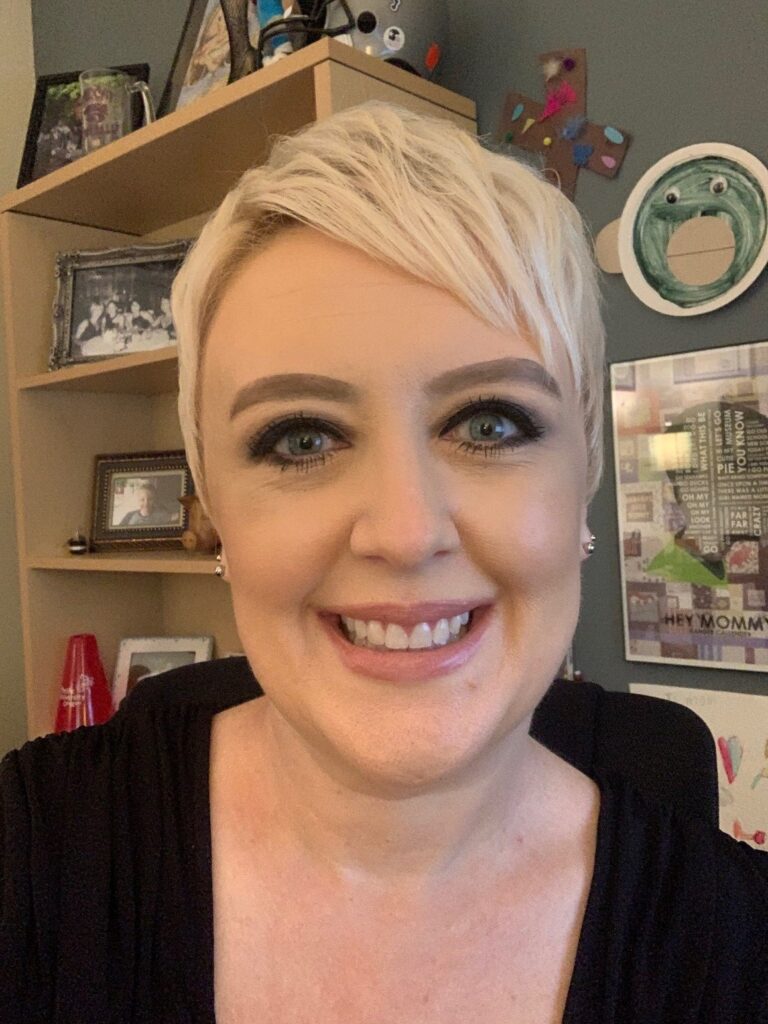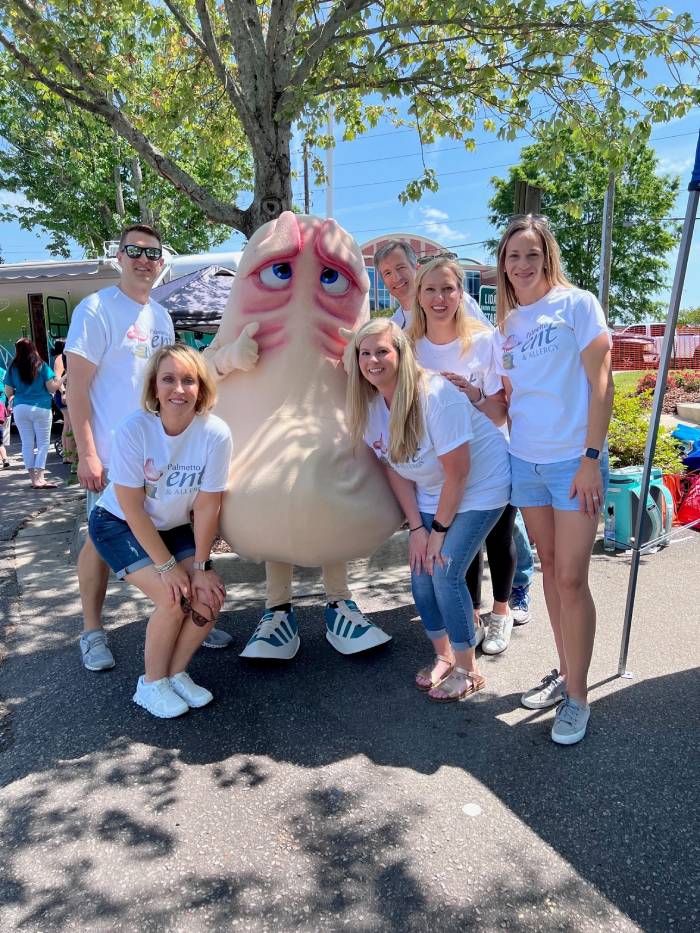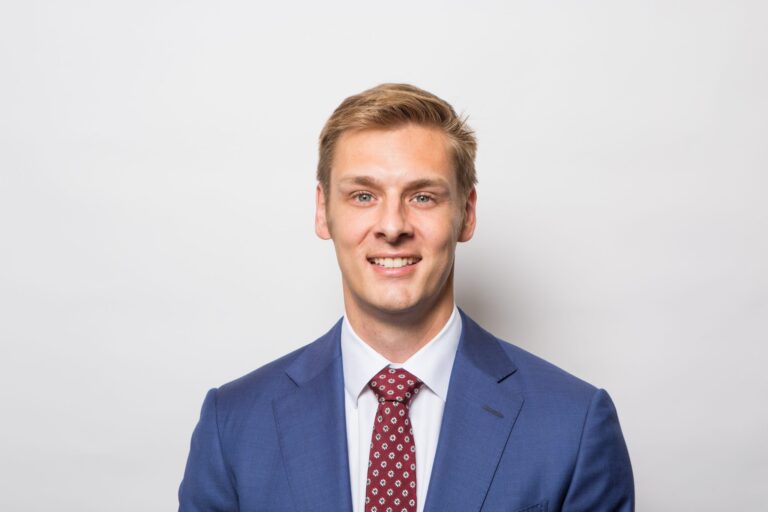
Meet Abbye Callender, Au.D.
Position/Practice: Clinic Director and Staff Audiologist at Pacific EarClinic, Pacific University
Years in Practice: 18
Education:
- Doctor of Audiology, Texas Tech University Health Science Center
- Bachelor of Science in Communicative Disorders, Eastern New Mexico University
Abbye, thank you so much for sitting down with me. You and I first met when I heard you speak a few years ago about some of the creative ways you’re helping the clinic at Pacific University succeed. Can you share a little bit about that?
Sure. The clinic at Pacific University opened in 2015, and I came on staff in 2016, so in many ways they were just getting started. They had a few patients, but their profitability was limited. One of the first things I did was hire a biller to make sure we were actually getting paid for all the devices we were fitting. Our biller also reviews our contracts to make sure they’re profitable, and double-checks the codes we’re using in case of any audits. Since we made those changes, we’ve hit our budget revenue goal every year. Because of that success, we just launched our first satellite clinic in April with Portland State University. Ultimately, I’d love to also open one in Beaverton and in Eugene. That’s the 10-year project looking forward.
Another step we took was partnering with the Lions foundation through the hearing health fund. Many of the patients we get from that program are uninsured or undocumented but need healthcare. We also see a lot of Medicaid patients. We’re able to do all of that because we have a healthy base of private pay patients, and because it’s good for the students to see patients no matter how they’re billing.
Everyone wants private pay patients, and they’re often the hardest to get. How are you growing your base of private pay patients, especially given the constraints of a university marketing budget?
It is hard! One of the challenges we have faced is getting our website the way it needs to look. Most universities are very private about who can make changes to the website, and that’s true here too. I’ve really leaned on Fuel to help with that. They’ve made some suggestions for our website, and we also have an SEM campaign through Fuel to help drive new patient traffic online without needing to run everything through the website.
For offline marketing, we rely a lot on physician referral. One of the advantages of being a university is that our audiologists are highly skilled practitioners and teachers, so we can promise gold-standard quality of care. We’ve also seen success setting up booths at local events: church fairs, farmers markets, even concerts. We bring an otoscope and set up a screen and let people look in their own ears. People love it. They really gravitate toward the students.
Before COVID we were also going to the airshow every year and passing out hearing protection. You’d be surprised at how many men would turn down the earplugs. My students are so funny. They would say, “Remember that you didn’t wear hearing protection when you come see me in 10 years.” I’ve trained them well.
As a university clinic director, you’re in the unique position of getting to work with lots of audiologists at the inception of their careers. What do you think this next generation of audiologists brings to the profession of audiology? And how do you think they will influence it?
They work incredibly hard, but they’re also tech gurus. I think we’re going to start seeing great new tech, like hearing apps and screeners. I anticipate more education on how to take care of your hearing health. This generation has a bigger focus on holistic health, so I think they will be more likely to take care of themselves and their patients will, too. I also imagine them shifting the focus away from just hearing aids and looking at patients as a whole. How does hearing loss affect the patient? How does it affect mental health? I feel like our students are becoming more and more aware that the patients they’re treating are holistic and complex human beings, and it’s beautiful to watch.
It’s really obvious that you’re passionate about teaching and audiology.
Absolutely. I love my job. This is the best of all worlds for me.

